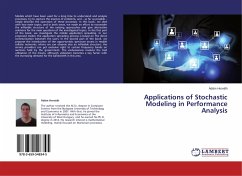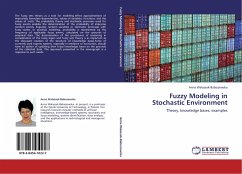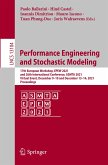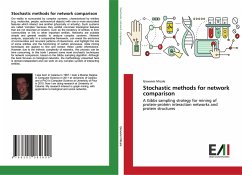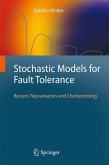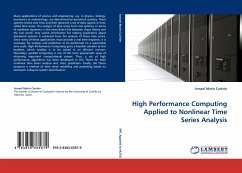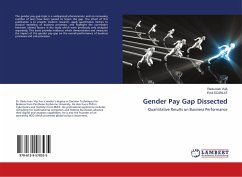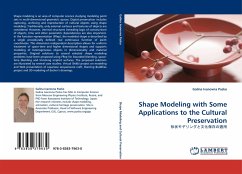Models which have been used for a long time to understand and analyze processes, try to capture the essence of problems, and - as far as possible - simply describe the operation of these processes. In this book, we deal with two main topics, and in both areas, we made an effort to reconsider the inflexible structure of the existing approaches and give alternative solutions for the main questions of the investigated topics. In the first part of the book, we investigate the mobile application spreading. In our proposed model, the application spreading process is based on the direct communication between the users. In the second part of the book, we propose the introduction of the opportunistic spectrum access in mobile cellular networks, where we can observe also an inflexible structure: the service providers can get exclusive right to certain frequency bands on auctions held by the government. The exclusiveness involves the bad utilization of the means, although utilization becomes a key factor with the increasing demand for the bandwidth in this area.

